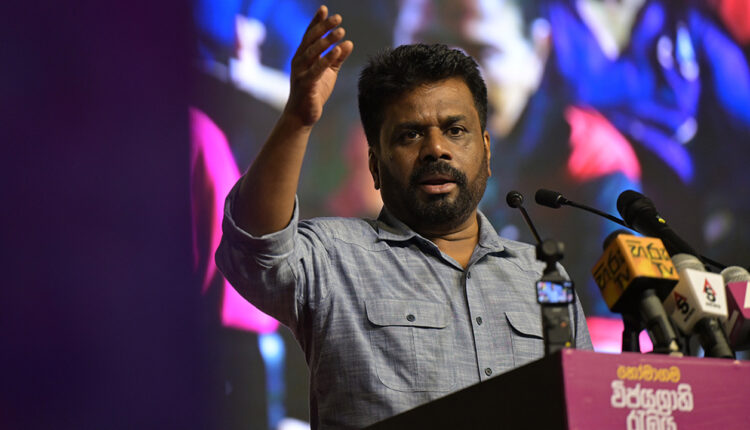Sri Lanka has a new President as National People’s Power leader Anura Kumara Dissanayake was sworn in as the ninth executive president of the island nation.
Sri Lanka’s recent Presidential election has marked a colossal shift in the political landscape of the island. The leader of Janataka Vimukti Peramuna, Anura Kumara Dissanayake secured the mandate in one of the most competitive elections in the history of the country. The mandate is being seen as a vote against the established political parties which have been in power for many years. His election is indicative of the wish of the people for a thorough transformation after the 2022 economic crisis that brought a large population to the streets to demonstrate against the corrupt policies of the Gotabaya administration.
The old guard which comprised several party names has been wiped out. Even before the elections, Sirisena’s Sri Lanka Freedom Party, as well as the United National Party had lost their space in the political arena. After the 2022 protests, the party of Rajapaksas faced people’s anger which was visible in the recently concluded election as their candidate returned with 2.5 per cent votes.
What lies ahead for Sri Lanka is not very simple. Mr Dissanayake has hinted at holding the general elections without mentioning any timeline. As per experts, the parliamentary elections can be held as early as November this year. Notably, JVP has only three parliamentarians in the 225-member house which would make it difficult to run the government.
On the other hand, as the new government takes shape, people would be looking forward to the fulfilment of various promises made by the new President. Voters, particularly the youth, were drawn to his promises of cleaning up the country’s politics and easing the economic burden on the populace.
During the election campaign, Mr Dissanayake had promised that he would renegotiate the terms of Sri Lanka’s 2.9 billion dollar bailout deal with the International Monetary Fund. What needs to be seen is that if the new government relaxes austerity measures to ease the troubles for the poor it will need to find ways to boost the government revenues. Despite the uncertainty, Dissanayake’s election represents a significant political transformation in Sri Lanka, a nation ready for new leadership after years of disillusionment with the status quo. His ability to navigate economic reform and fulfil his promises will define whether this political shift becomes a long-lasting change or a brief departure from the norm.



Comments are closed.